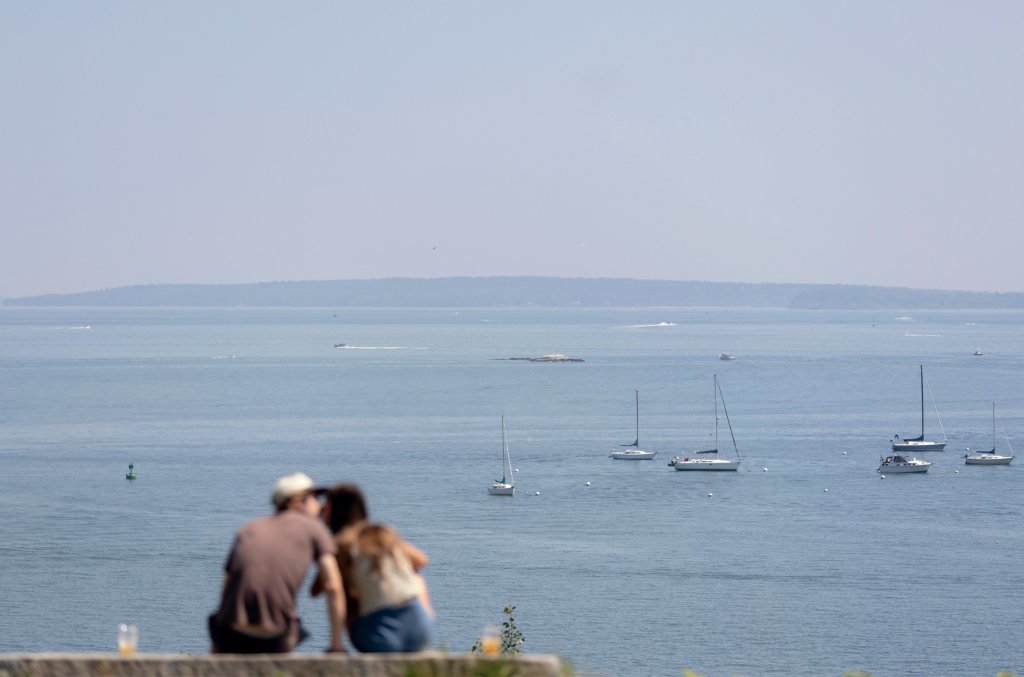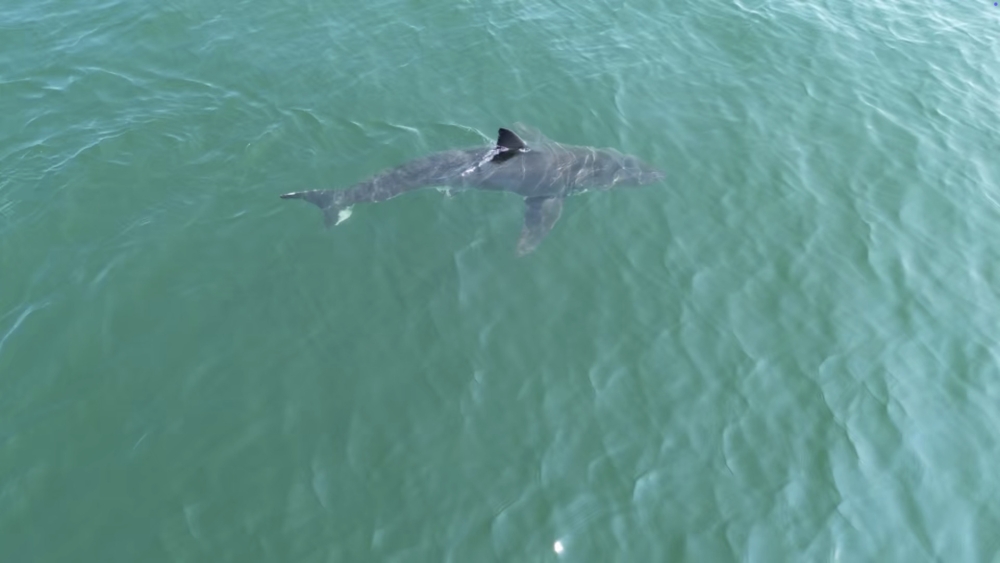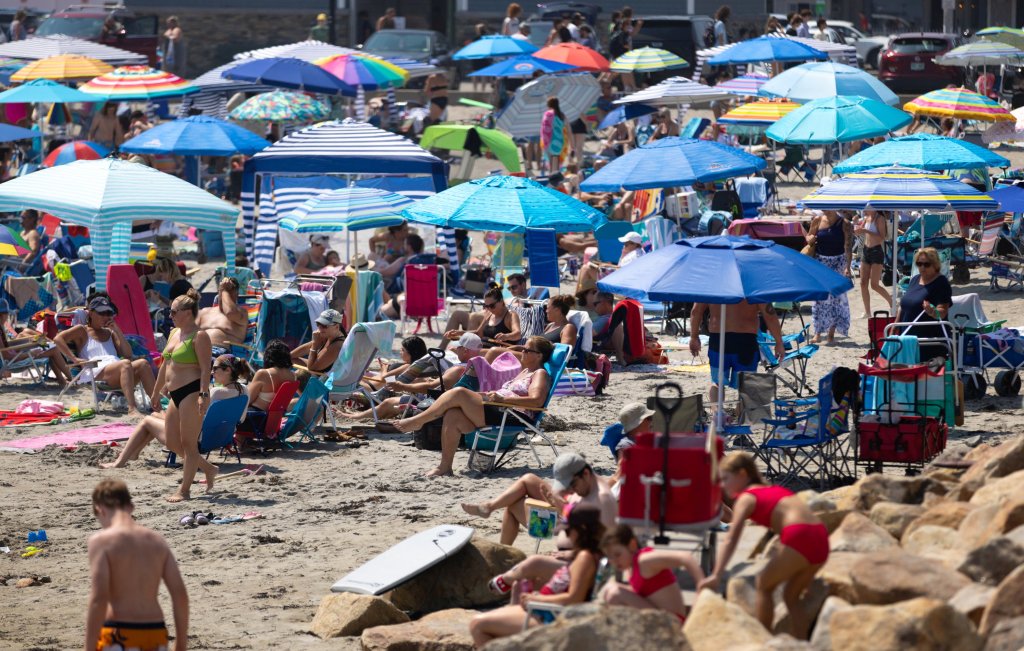
Summers in Maine always go by too fast, but did this one even happen?
At every turn, it seemed, there was something standing in the way of enjoying the season, from oppressive heat to parasites to pollen. By the time I awoke to that telltale chill in the air, it felt like all I’d done for the past three months was sweat and sneeze.
I’m sure, interspersed in there somewhere, were a few of those breezy beach days that have lured generations of vacationers from their stuffy cities, but after a week off in July spent hiding from the heat in Home Goods amid Halloween displays, the supposedly magical summer that we swear makes the long winters worthwhile had lost its shine.
It started with the rain. For a dozen straight Saturdays, soggy weather shut down waterparks, postponed Sea Dogs games and drove away drive-in movie customers, eliminating hope of squeezing in any seasonal activities before Massachusetts schools let out.
Then, the heat set in, bringing temperatures of over 90 degrees with the heat index hitting 108 at the Portland Jetport on June 24. Overall, there were seven days when the “feels like” temperature exceeded 90 degrees; there are usually four, said Jon Palmer of the National Weather Service in Gray.

That would have made a good argument for dipping more than a toe in Maine’s frigid ocean waters, but soon after, the shark sightings started and didn’t stop. Although experts say they don’t pose much of a threat to swimmers, it can be hard to settle into an inner tube knowing their teeth are nearby.
Those who can put what’s out of sight, out of mind, however, might face a greater danger from the other end of the animal spectrum. Deer ticks the size of a sesame seed have been spreading Lyme disease at a higher rate and with a larger reach in Maine than ever.

If that didn’t deter you from hiking, perhaps the air quality did. Wildfire smoke from Canada resulted in multiple alerts that the air was unhealthy for engaging in strenuous activities outside, especially for sensitive groups like people with asthma, which is 12% of Mainers, a rate second only to Rhode Island.
Those same people are suffering from the longer and more severe allergy season, resulting from rising temperatures and expanding time between frosts.
Some of these things, like the rainy Saturdays and the wind direction during the wildfires, can be explained away by bad luck, but most have something to do with climate change, meaning there’s more to come.
The good news, kind of, is that it’s not turning away tourists, because it’s gotten worse wherever they’re coming from, too. But it has me rethinking my summer plans going forward.
The Canadians who bailed on their Maine vacations may have found that, despite the wildfires, they’re onto something, and I wonder if it’s time to start heading north at the height of summer.
Meanwhile, I’ll be re-attempting my staycation this month. While the drop-off in tourism always has made September a favorite time for locals, it might also be where the magic is now.

We invite you to add your comments. We encourage a thoughtful exchange of ideas and information on this website. By joining the conversation, you are agreeing to our commenting policy and terms of use. More information is found on our FAQs. You can modify your screen name here.
Comments are managed by our staff during regular business hours Monday through Friday as well as limited hours on Saturday and Sunday. Comments held for moderation outside of those hours may take longer to approve.
Join the Conversation
Please sign into your CentralMaine.com account to participate in conversations below. If you do not have an account, you can register or subscribe. Questions? Please see our FAQs.